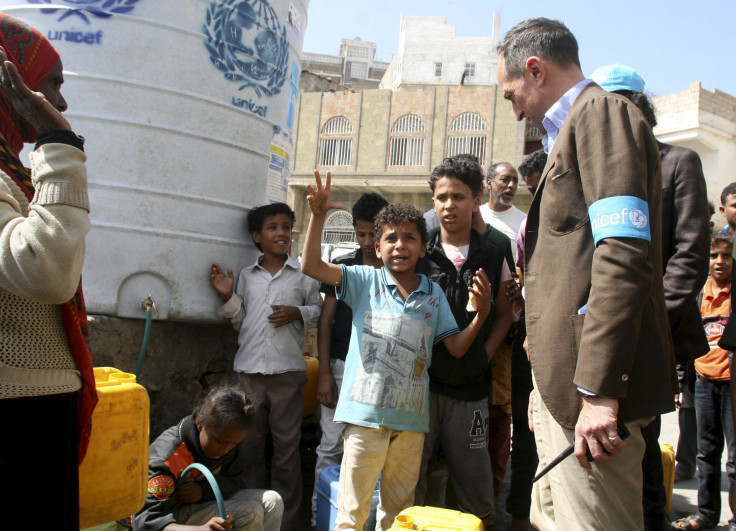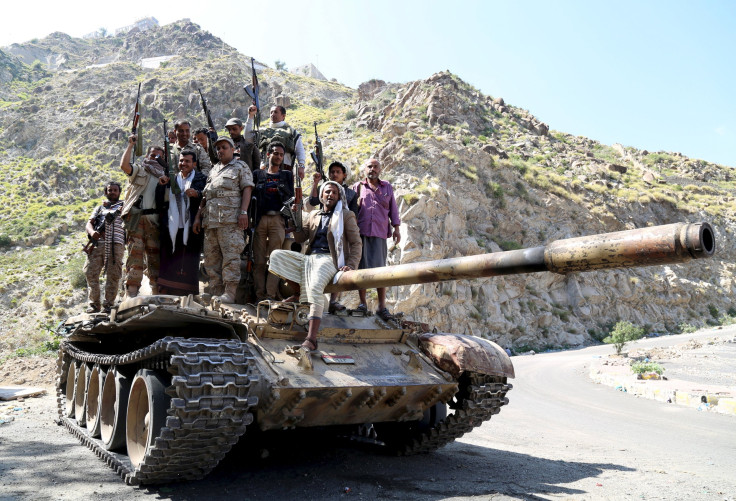Yemen Crisis: UN Calls For Unlimited Access To Besieged City Of Taiz Amid Humanitarian Crisis

The United Nations called Saturday for unlimited access to the city of Taiz in southern Yemen where approximately 25,000 residents lack critical medical and food supplies. Shiite rebels, known as Houthis, have besieged the city for months as fighting and airstrikes continue throughout the country.
“Only a few shops are open. Food and other basic goods needed to survive are in short supply. Basic services are scarce, including access to water and fuel,” said U.N. Humanitarian Coordinator for Yemen Jamie McGoldrick. “I visited the al-Thawra Hospital, which has been repeatedly hit. Like other health facilities in Yemen, it has not been spared by this conflict and should be protected against attacks under international humanitarian law.”
McGoldrick said the hospital was experiencing critical supply shortages as staff continue to work, often going unpaid. Access to three districts of Taiz city was becoming increasingly difficult, but some supplies from U.N. agencies had reached Taiz in recent weeks, he said. The U.N. has appealed to all parties in the conflict to allow for humanitarian aid access and called on parties not to target civilian infrastructure.
The conflict in Yemen began in September 2014 when Houthi rebels captured the capital of Sanaa. More than 5,800 people have been killed in the ongoing civil war. As part of a coalition, Saudi Arabia began airstrikes in Yemen last March.

Taiz has become a critical flashpoint in the conflict as Houthis continue to fight forces loyal to President Abd-Rabbu Mansour Hadi. A crew of Al Jazeera journalists covering the humanitarian crisis were believed to have been kidnapped in Taiz earlier this week.
Enough food for 3,000 families was brought into Taiz, an official from the World Food Program told the Associated Press. While officials from UNICEF said approximately 1,900 children have been killed or injured since the conflict began, a majority of the deaths in Taiz and Saada provinces.
“Everywhere I went I saw the trauma the conflict is causing to the women, men and children, who have been living in this enclave and under these conditions for months,” McGoldrick said.
© Copyright IBTimes 2024. All rights reserved.






















